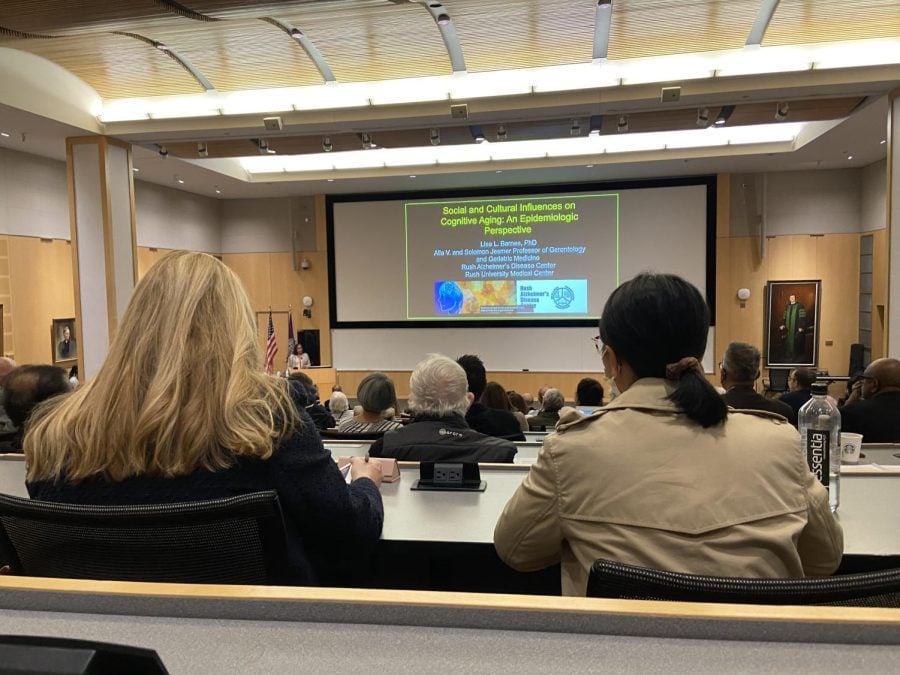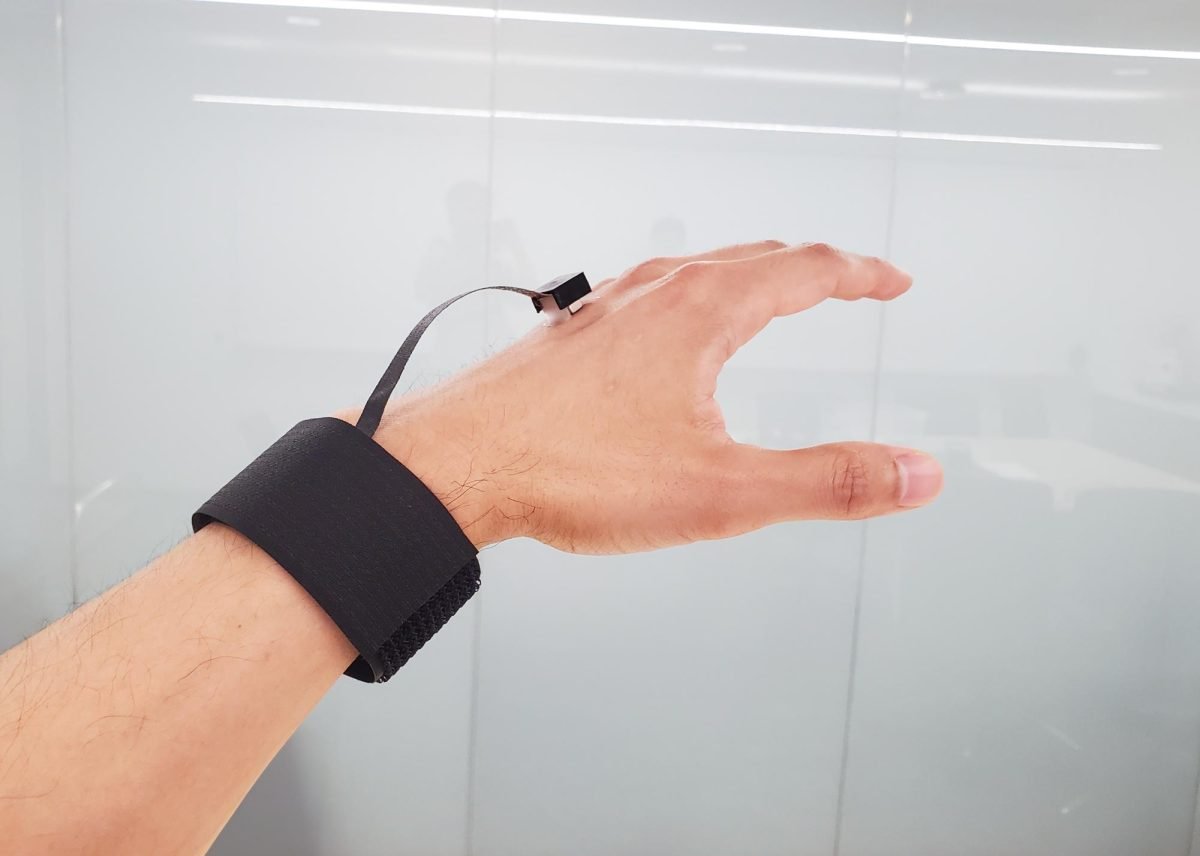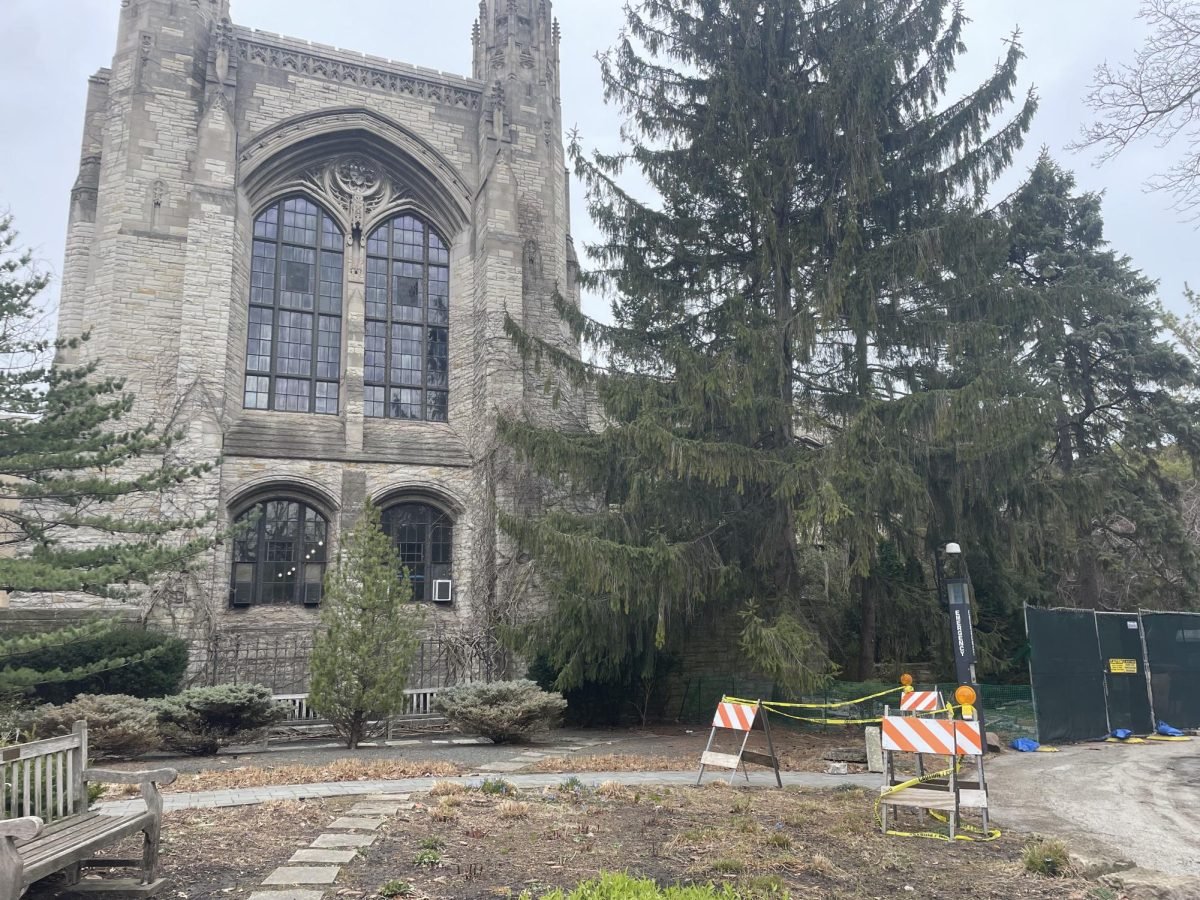Physicians diagnose around 40% of those over the age of 90 with Alzheimer’s disease, according to Robert Vassar, director of Northwestern’s Mesulam Center for Cognitive Neurology and Alzheimer’s Disease.
Alzheimer’s and dementia are daunting and tragic diseases that many are too familiar with, but hope exists for the future — and it lies in a cohort of successful agers titled SuperAgers, Vassar said.
NU scientists at the center have been researching SuperAgers for over 25 years. A SuperAger is defined as someone who is over the age of 80 but has the cognitive abilities of a 50 or 60 year old, or sometimes even younger. Studying SuperAgers offers new and optimistic insights on what makes people age successfully and avoid an Alzheimer’s diagnosis, Vassar said.
“There’s so much to learn about what makes (SuperAgers) tick,” Vassar said. “It’s kind of our assumption and our speculation that it’s a combination of multiple factors.”
Vassar said genetic factors, along with good diet and exercise, are preventative measures against these diseases. He also mentioned the benefits of higher education in delaying the onset of dementia.
In fact, stimulation of the brain into old age, beyond a formal education, is also seen as important, said Dr. Borna Bonakdarpour, a researcher at the Mesulam Center who also directs the Northwestern Music and Medicine Program.
Bonakdarpour and his team hold concerts for patients with dementia in order to stimulate their brains in an environment catered towards people with dementia. These concerts are held for only those with dementia and their caregivers, which Bonakdarpour says makes patients feel more comfortable.
Bonakdarpour said those with dementia often socially withdraw because they are afraid of forgetting something, so by providing an environment where these people feel safe, they are more likely to go out and keep doing things they enjoy.
“Patients with Alzheimer’s can have anxiety, either because of the disease or because they can’t remember things,” Bonakdarpour said.
He said using music that patients are familiar with and enjoy can help them relax and slow their brains. These concerts are a good way for the patients to socialize with one another, and a good chance for him to check on his patients without a formal visit, Bonakdarpour added.
Vassar also mentioned sociability as a positive characteristic of the SuperAgers. He said scientists don’t have a complete grasp on the reasons people become SuperAgers, but they tend to be socially engaged, outgoing people.
Dr. Molly Mather, another NU researcher working with the SuperAgers, said the SuperAgers enjoy interacting with one another, but they are very busy.
“They’re hard to schedule because they’re often involved in a ton of artistic things,” Mather said. “They’re going to lectures, they’re in social groups — they have a ton of stuff going on.”
While the research has been going on for over 25 years, it will be a long time before there are clear results on what makes a successful ager.
For right now, families and aging individuals can find hope in the idea of SuperAgers.
“They give you a view into a very different idea of aging for some people,” Mather said. “We have such a stigmatized view of aging and I think our participants really lift the veil on that a little bit.”
Email: mayaikenberry2026@u.northwestern.edu
Related Stories:
— Northwestern hosts 28th annual Alzheimer Day at the Mesulam Center
— Feinberg SuperAger program examines exceptional cognitive aging
— Dutch King and Queen visit Feinberg, establish collaboration for study of healthy aging






